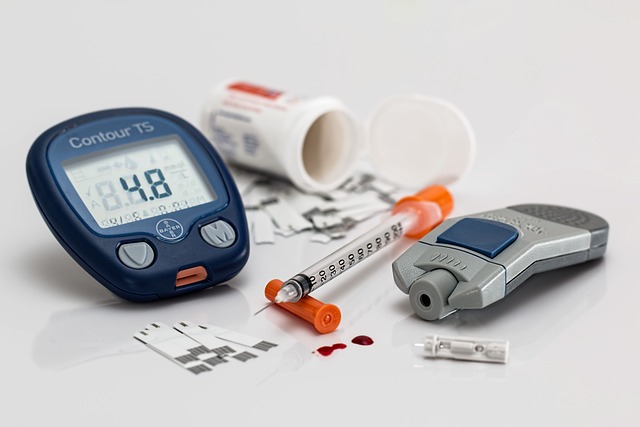
Diabetes is a chronic disease that occurs either when the pancreas does not produce enough insulin or when the body cannot effectively use the insulin it produces. Insulin is a hormone that regulates blood sugar. Hyperglycaemia, or raised blood sugar, is a common effect of uncontrolled diabetes and over time leads to serious damage to many of the body's systems, especially the nerves and blood vessels.
In 2014, 8.5% of adults aged 18 years and older had diabetes. In 2019, diabetes was the direct cause of 1.5million deaths and 48% of all deaths due to diabetes occurred before the age of 70 years between 2000 and 2016, there was a 5% increase in premature mortality rates (i.e. before the age of 70)
from diabetes.
In high-income countries the premature mortality rate due to diabetes decreased from 2000 to 2010 but then increased in 2010-2016. In lower-middle-income countries, the premature mortality rate due to diabetes increased across both periods.
By contrast, the probability of dying from any one of the four main noncommunicable diseases(cardiovascular diseases, cancer, chronic respiratory diseases or diabetes) between the ages of 30 and 70
decreased by 18% globally between 2000 and 2016.
Health Tips on Prevention of Diabetes
- Cut sugar and refined carbs from your diet
- Work out regularly
- Drink water as your primary beverage
- Lose weight if you are obese or overweight
- Quit smoking
- Watch portion sizes
- Eat high-fiber diet
- Minimize your intake of processed foods
- Include coffee, tea, or green tea in your daily diet
Diagnosis and treatment
Early diagnosis can be accomplished through relatively inexpensive testing of blood sugar. Treatment of diabetes involves diet and physical activity along with lowering of blood glucose and the levels of other known risk factors that damage blood vessels. Tobacco use cessation is also important to avoid complications.
Blood glucose control, particularly in type 1 diabetes. People with type 1 diabetes require insulin, people with type 2 diabetes can be treated with oral medication, but may also require insulin
- Blood pressure control
- Foot care (patient self-care by maintaining foot hygiene; wearing appropriate footwear; seeking professional care
- Screening and treatment for retinopathy (which causes blindness)
- Blood lipid control (to regulate cholesterol levels)
- Screening for early signs of diabetes-related kidney disease and treatment
#health #diabetic #diabetestype #diabetesawareness #stroke #diabetestipo #cancer #insulin #healthylifestyle #diet #kolesterol #weightloss